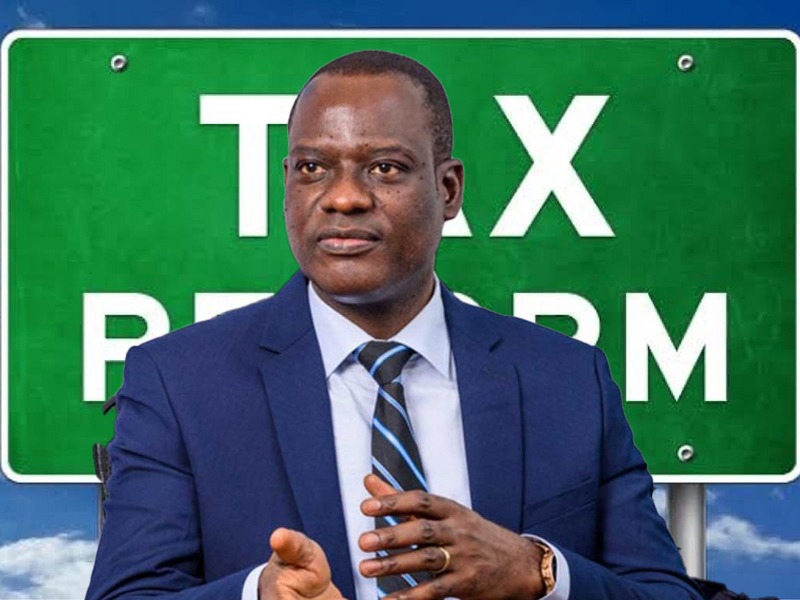The Chairman of the Presidential Committee on Fiscal Policy and Tax Reforms, Taiwo Oyedele, has assured Nigerians that the economic reforms initiated by the Bola Tinubu administration are beginning to yield positive outcomes.
Speaking at The Platform, an event organized by the Covenant Nation on Saturday, Oyedele explained the benefits of the ongoing reforms, emphasizing that removing petrol subsidies was a crucial and necessary step for Nigeria’s progress.
“Subsidy removal is one of the best decisions we have made as a country. For the first time, we can confidently say the subsidy is gone, and we’re no longer living in a distorted economic reality.
“Two years ago, the naira exchange rate was officially pegged at N450, but was that truly the real rate? Petrol was sold at under N200 per litre, but could we sustain that price? A nation cannot afford to sell petrol cheaply when it lacks the resources to fund it,” Oyedele said.

Using a personal analogy, Oyedele compared the situation to parenting. “As a parent, I’d love to send my kids to a school costing N200 million per term. But if I can’t afford it, it’s only realistic to enrolthem in a school of N200,000 per term instead. That’s how a country should think about its resources.”
He described the pre-reform era as one where Nigeria was burdened by a false sense of economic stability.
“Our economy was doing far worse than we believed. We claimed to be Africa’s largest economy, with a GDP of $450 billion and a per capita income of $2,000, but these figures weren’t accurate.
“We used all our revenue to service debt without even repaying it. Salaries, security expenses, and other government activities were funded through borrowing, often at high-interest rates.”
Oyedele warned of the dire consequences Nigeria faced before the reforms, likening the country’s trajectory to economic collapses in Sri Lanka and Venezuela.
“In those countries, people held money but couldn’t access basic necessities like fuel. At one point, Sri Lanka had to ration driving days due to fuel shortages. Nigeria was heading down a similar path. Our GDP growth over the past decade averaged less than 10%—and in real terms, it was negative.”
He revealed that the government resorted to printing money to finance expenditures, a dangerous practice that fueled inflation.
“We printed over N40 trillion, including interest, through Ways and Means. When foreign lenders deemed Nigeria too risky, and local borrowing capacity was exhausted, we had no choice but to print money. This unsustainable approach worsened inflation and economic instability.”
Oyedele also highlighted the ripple effects of the crisis, such as foreign airlines suspending operations in Nigeria due to unmanageable foreign exchange debts.
Despite these challenges, he urged Nigerians to adopt a positive outlook.
“There’s nothing inherently wrong with Nigeria—perhaps the issue lies with those governing it. In the U.S., gun violence is a daily reality, yet Americans never say, ‘May America never happen to you.’ We must shift our mindset and start saying, ‘May Nigeria work for me.’”
READ ALSO: Exclusive Interview: Expert warns untreated tooth decay can be life-threatening
He expressed optimism, noting, “Based on current data, I firmly believe the worst is behind us.”
Since assuming office in May 2023, President Tinubu has implemented key reforms, including the removal of fuel subsidies and the introduction of controversial tax policies.
While these changes have led to a surge in prices of goods and services, Oyedele maintains that they are necessary steps toward long-term economic recovery.


